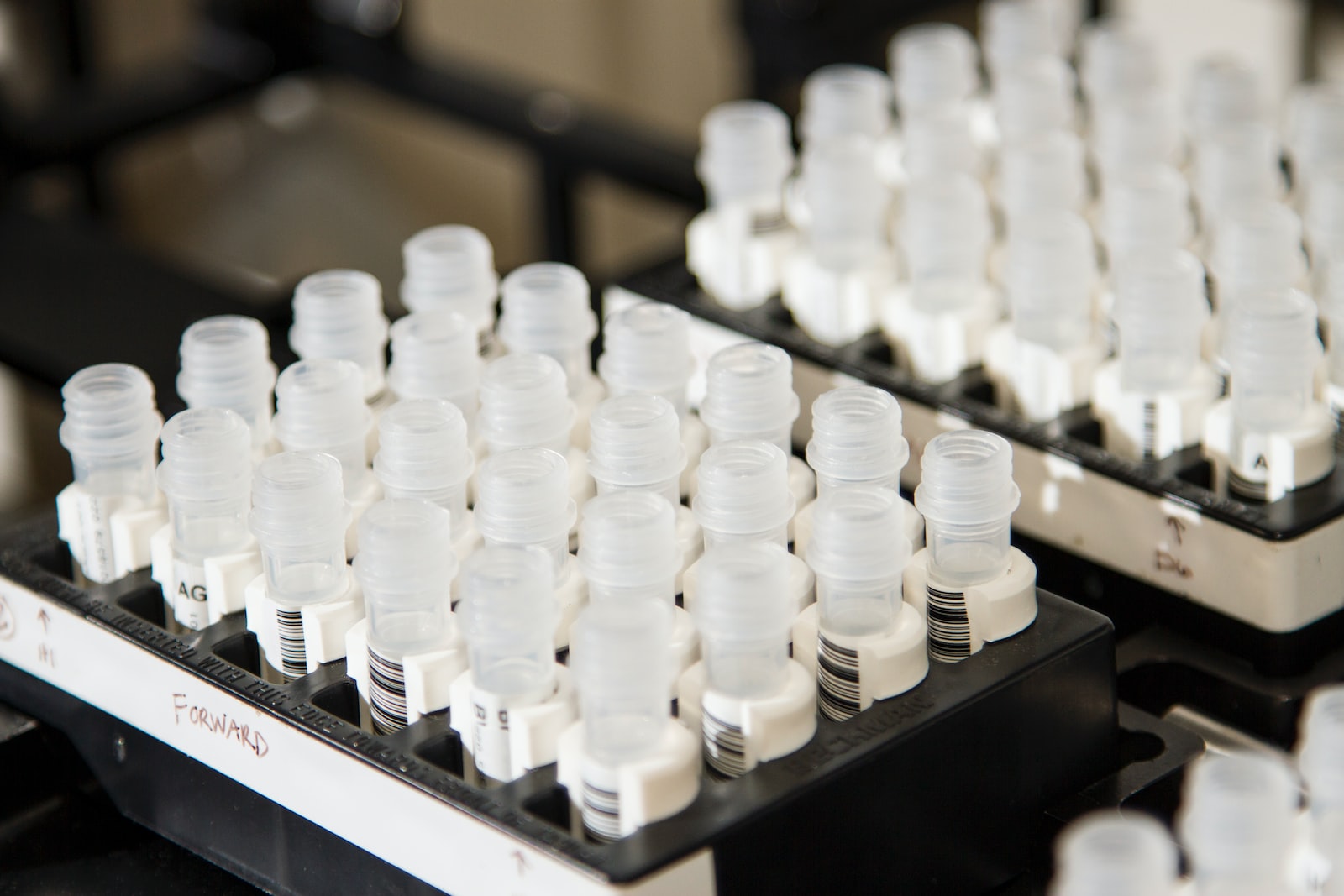[Originally posted by Matt Hooke at BizJournals]
A Baltimore medical company that aims to make it easier to diagnose a deadly type of pneumonia raised $3.5 million in an oversubscribed seed round.
Pearl Diagnostics, led by Johns Hopkins University Professor Kieren Marr, plans to use the funding to focus on manufacturing, in preparation for the commercial launch of its urine antigen test for fungal pneumonia. The test is already approved for sale in Europe and the company is currently seeking approval in the United States as well. Pearl plans on submitting its test for FDA approval at the end of this year.
Pearl Diagnostics previously earned around $5 million from the Maryland Technology Development Corp. (TEDCO), the National Science Foundation, the National Institutes of Health and the Cystic Fibrosis Foundation. The company, originally called Mycomed Technologies, has been headquartered at the FastForward U incubator at Johns Hopkins University. The company originally sought to raise $2.5-$3 million. The round closed in April of this year, and was led by local investor John Cammack.
The test produced by Pearl aims to be faster and less invasive than already available tests. The current standard test places a tube in a patient’s lung to collect fluid.
“That’s clearly an invasive test, it’s not very comfortable or fun for anyone,” Marr said.
The culture-based test also takes two days to produce results, compared to the Pearl Diagnostics test, which only takes three hours to give results to a patient.
People with suppressed immune systems due to cancer treatment or a bone marrow transplant are at especially high risk for contracting the specific fungal pneumonia, invasive aspergillosis, that Pearl’s test detects, making quick response times critical for care. Around 10% of bone marrow transplant patients will contract fungal pneumonia, with a death rate of 40%-60%, Marr said.
Pearl’s test can be used twice a week for people at high risk for infection, making it more likely that the disease can be caught easier. There is an existing blood test based on antigen technology as well, but the urine test can be more comfortable for patients who do not want to have their blood drawn or deal with needles, Marr said.
The company has created two versions of its urine antigen test that both detect fungal pneumonia but are meant for different circumstances. One device is able to process up to a hundred tests at the same time for hospital settings. The other device is a smaller test, akin to a rapid Covid-19 test, that can be used by individual doctors or nurses.
“There are a lot of different anti-fungal drugs that are good for our use,” Marr said. “But the real lag here is in diagnostics. It’s hard to tell what is growing in someone’s lung when they have pneumonia, it can be bacterial, it could be fungal. So we end up treating patients with a whole lot of different medicines.”






